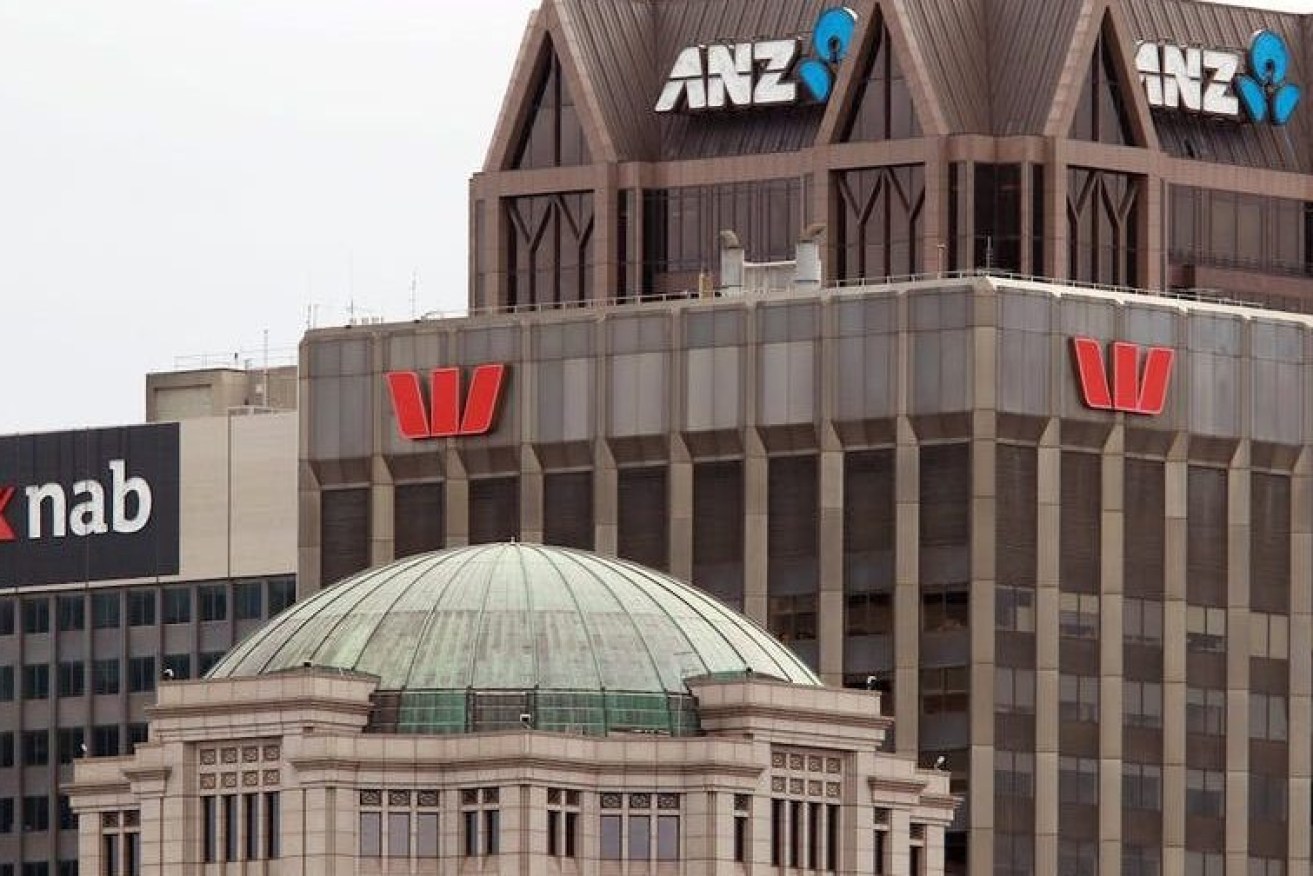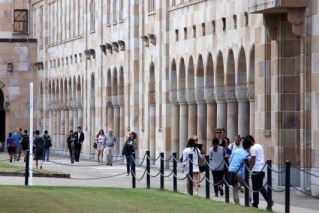From SVB to GFC, banking collapse is a lesson the world should have seen coming
The collapse of the Silicon Valley Bank and the near-death experience for Credit Suisse are probably just a taste of things to come this year.


The big four banks have all hiked their mortgages for new customers. (AAP photo).
It will be, as the market boffins prefer to call it, volatile. When analysts use that word it usually means that a lot of people will lose money and a few will gain.
The collapse of SVB is seen by many as just the first step of things to come and high on the agenda of market watchers is the risk of unintended consequences.
For the average investor that can be disastrous because things will be moving so quickly.
Already there is speculation of a short term pause in interest rate hikes and eventually a cut far earlier than previously predicted.
There are also suggestions that the Virgin float expected later this year may be delayed, though it still hasn’t confirmed that it is floating so it’s unlikely to discuss a delay.
But the question for the markets now is whether this is the beginning of a new financial crisis for the world or an isolated issue?
The machinations of the past week have been extraordinary and really another example of how the seeds of the next crisis are sown in solving the previous one.
All the pandemic money slushing around has helped create an inflationary outbreak that the world’s central banks are having trouble reigning in.
It also created a mismatch in the US where banks were holding massive unrealised losses because they don’t have the funds to match deposits and when people rushed in and withdrew their funds the banks had nothing but the worthless bonds they stockpiled in the pandemic.
Some estimates put the level of unrealised losses at $US620 billion.
The fact that the US government stepped in to guarantee deposits was seen by many as a recognition that the problems were potentially much worse than many thought.
But the problems with SVB were there to be seen for anyone who looked. Credit Suisse was considered a creaking, groaning ghost of its former self.
The more panicky market watchers are calling a recession or another global financial crisis, but the certainty of that is debatable.
Goldman Sachs believes the collapse of Silicon Valley Bank was idiosyncratic because it was so heavily exposed to the rising interest rates.
But it will cause a severe run on the deposits held in smaller US banks and probably out of the US banking system entirely, which could impact Australia.
The stress caused on the markets was also likely to slow the US economy and lending would tighten.
“Our economists expect lending standards will tighten more, to a degree that will be greater than what we saw during the dot-com crisis but less than during the financial crisis or the height of the pandemic,’’ Goldman Sachs said.
“As a result, Goldman Sachs’ economists have penciled in a pause in Fed hikes for March but otherwise left their Fed forecast unchanged and now expect a peak funds rate of 5.25-5.5 per cent.
“Economists at Goldman Sachs have also adjusted their probability for a U.S. recession in the next 12 months to 35 per cent, up from 25 per cent.’’
The Queensland Investment Corporation said the events of last week brought into renewed focus the unintended consequences that ongoing monetary policy tightening can cause.
It expects 2023 will present more problems but “we don’t expect the issues to be severe enough to cause a widespread financial crisis or sway central banks from further rate hikes to defeat the inflationary problems’’.












